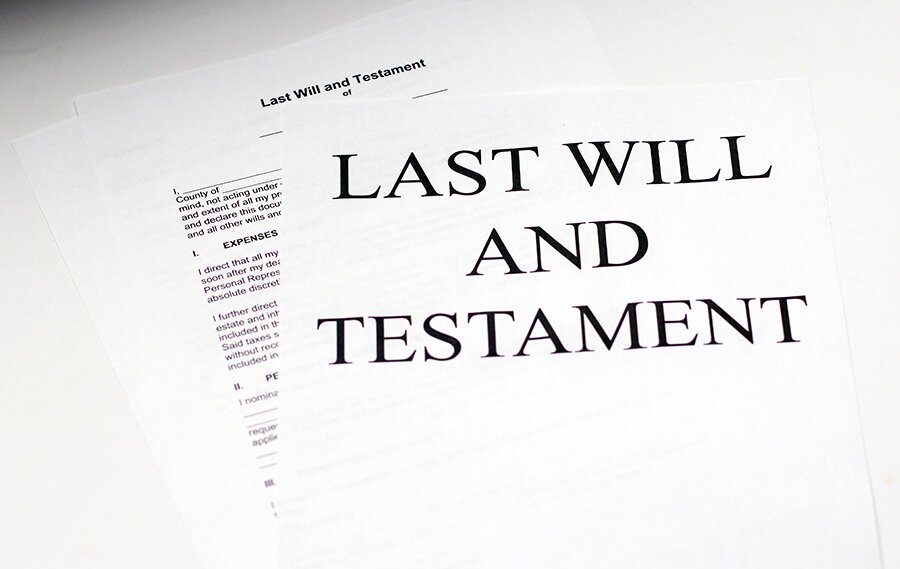Reasons You May Want to Contest A Will
After your loved one passes, their Will will be presented, if they have one. It is possible that you have some issues with how your loved one has divided their estate. Generally, an individual should and will discuss how their estate will be divided among their heirs ahead of time. If you do not like how your loved one divided their estate, you can potentially contest the Will. Wills are usually contested when one or more heirs are not satisfied with the division, or if you believe that the Will fails to accurately portray your loved one’s wishes.
Should You Contest the Will?
In most cases, not everyone will be fully satisfied with a Will. Before you go through the process of contesting the Will, consider discussing the circumstances with your family. Contesting a Will can cause other heirs to be unable to access their inheritance until the issues are addressed. This is because the assets will have to go through probate court. You should speak with your lawyer and address your concerns with them before moving to court proceedings. There are a few different reasons that one may contest a Will.
Unfair Distribution of Assets
If you feel that the distribution of assets from a Will was not sufficient, you can attempt to contest the Will. In New York State, a spouse is entitled to at least the first $50,000 in assets. If you are an heir to the deceased and were either not included in the Will or not given as much of the estate as you felt you deserved, you can attempt to contest it.
Looking at the Will Beforehand
If possible, you should ask to see your loved one’s Will before they pass away. Then, any red flags can be addressed. Hopefully, any problem areas can be taken care of before they pass away or become incapacitated. An incapacitated individual may not be able to make changes to their Will without someone acting in their stead, which would have had to have been established previously.
Undue Influence-Impacted Decisions
If you believe that someone influenced your loved one’s decisions to wrongfully distribute their estate, you can use this as grounds for the contesting of a Will. Generally, if another party influenced or guided the decisions of your loved one to write the Will to favor them more, that can be grounds for legal action. An example of this could be a home aide who is somehow included in the Will. However, a family member who acted as a caretaker for your loved one might be favored simply because they were there to provide care. Your lawyer will be able to help you determine whether or not Undue Influence may have occurred.
Drafting the Will Without Testamentary Capacity
After one’s mental faculties have begun to deteriorate, one may not have the testamentary capacity to properly draft a Will. When a person with Dementia, Alzheimer’s, etc. drafts or signs a Will, they may not be fully aware of what it means. Often, this can be paired with Undue Influence. A person who financially abuses an elderly person can utilize their weakened state of mind to coerce them to alter their Will.
Fraudulent Signing
Your loved one may have been convinced to sign a Will that was not written or reviewed by them. A form may have been presented to them by another party, such as another heir, and they signed it without checking what it was for. Always read a document before signing it.
Matthew Funeral Home does not provide legal or financial advice via articles. This material has been prepared for informational purposes only, and is not intended to provide, and should not be relied on for legal or financial advice.
For over 50 years, Matthew Funeral Home has been serving the Staten Island community. We can help with almost every aspect of your loved one’s memorial service. Our family is here to serve yours, every step of the way.
 (718) 761-5544 |
(718) 761-5544 |  matthewfh@matthewfuneralhome.com |
matthewfh@matthewfuneralhome.com |  2508 Victory Boulevard, Staten Island, NY 10314
2508 Victory Boulevard, Staten Island, NY 10314








 matthewfh@matthewfuneralhome.com
matthewfh@matthewfuneralhome.com
Comments